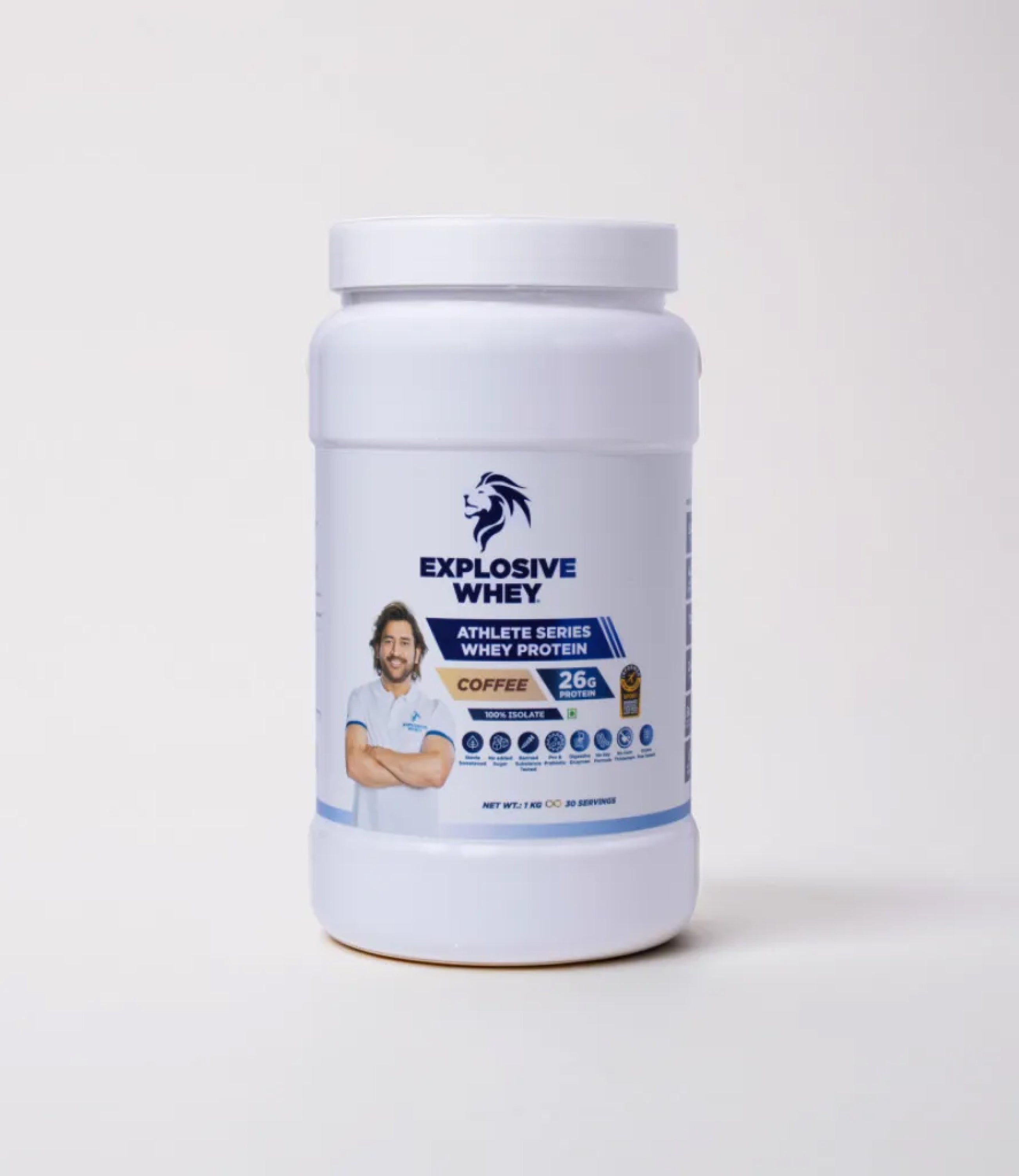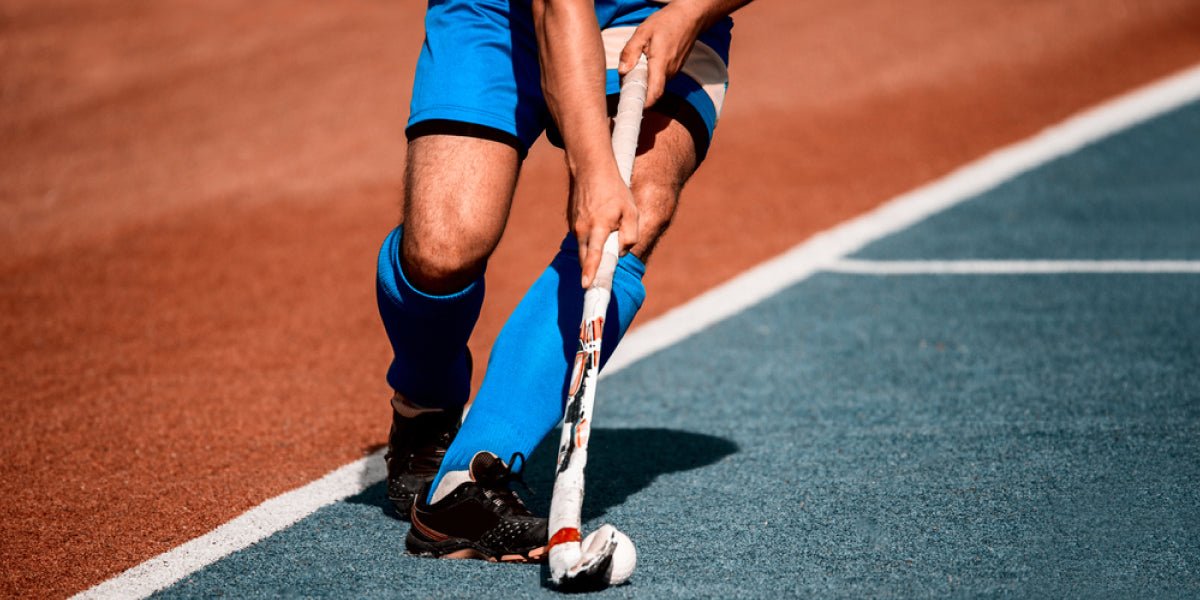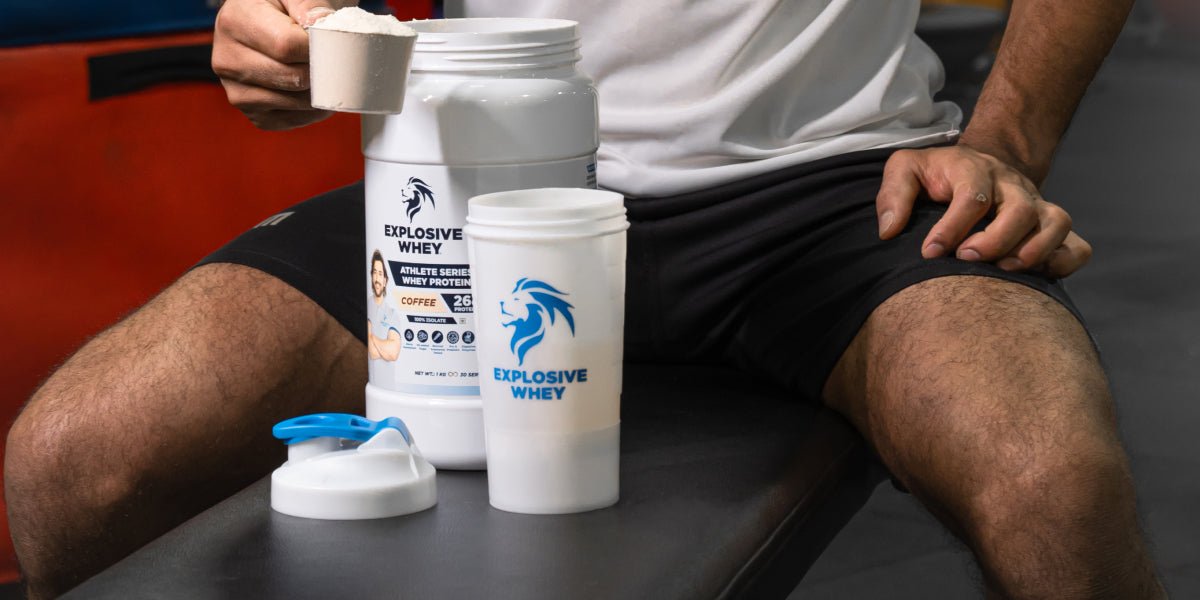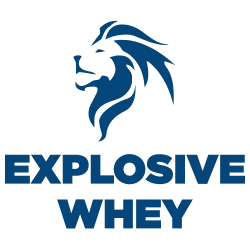Endurance training plays a crucial role in improving a hockey player’s performance. Whether you're on the ice or working on your fitness off-season, enhancing your endurance ensures that you remain strong throughout every game. This blog explores various types of endurance training that can elevate your hockey fitness and give you an edge over tough competition.
Dominate Hockey with Endurance Training
Hockey players need endurance training to build stamina for intense gameplay. The faster you recover and the longer you sustain energy, the more dominant you’ll be on the rink. A strong endurance routine includes cardio, strength, and flexibility, focusing on movements specifically designed for hockey.
Elevating Hockey Fitness with Endurance Workouts
Endurance workouts do more than improve long-distance stamina. They also enhance power, speed, and recovery. Combining aerobic and anaerobic exercises helps players handle quick bursts of energy, whether skating, making sharp turns, or engaging in tough tackles.

There are several types of endurance training that hockey players can incorporate into their routines to improve overall fitness and in-game performance.
Aerobic Training for Stamina
Aerobic exercises like running, cycling, or swimming strengthen your heart and lungs, helping your body use oxygen more efficiently. This builds stamina, allowing players to stay active longer and maintain top performance throughout the game.
Interval Training Techniques
Interval training switches between short bursts of high-intensity effort and slower recovery phases. This mirrors hockey’s fast-paced action, improving endurance and boosting recovery speed for better overall performance on the ice.
Resistance-Based Endurance Workouts
Resistance exercises like squats and lunges build strength while improving endurance. Adding weights ensures your muscles develop enough power to sustain longer, more intense shifts on the ice without fatigue.
Flexibility and Recovery Methods
Flexibility and recovery help prevent injuries and maintain overall fitness. Stretching, yoga, and foam rolling enhance muscle flexibility and speed up recovery, keeping players in peak condition for their next game.
Effective Endurance Training Exercises

Here are the key exercises to boost endurance and sustain peak performance during hockey games.
Box Jumps for Explosive Power
Box jumps build explosive power and strengthen your legs, which are crucial for hockey performance. This exercise improves your ability to jump, sprint, pivot, and change directions fast, making it essential for both offense and defense on the ice.
Bulgarian Split Squats for Stability
Bulgarian split squats target your quads, glutes, and hip stabilizers to improve leg stability and balance. Stronger legs help enhance agility, power, and control during hockey movements like skating, checking, and making quick, powerful starts.
Pull-Ups to Strengthen Upper Body
Pull-ups are excellent for improving upper body strength and endurance, helping hockey players perform better. This exercise strengthens your back, shoulders, and arms, supporting shooting, passing, puck battles, and positioning in front of the net.
Step-Ups for Lower Body Strength
Step-ups target your quads, hamstrings, and glutes, building lower body strength and stability for better skating. This workout improves balance, agility, and speed, helping players maintain quick footwork and powerful movements throughout every game.
Enhancing Endurance Through Cross-Training
Engaging in cross-training activities can boost your endurance by targeting different muscle groups and energy systems.
Swimming for Full Body Endurance
Swimming is a low-impact, full-body workout that strengthens muscles while improving endurance. It’s an excellent way to boost stamina, increase lung capacity, and stay fit without putting extra stress on joints and muscles.
Cycling to Build Leg Power
Cycling strengthens the lower body and increases stamina, making it ideal for hockey players. It builds endurance in key muscles like quads, hamstrings, and calves, which are crucial for powerful skating and better mobility.
Running for Aerobic Fitness
Running boosts cardiovascular endurance while strengthening core stability and leg muscles for agility. It improves heart and lung function, helping hockey players sustain high energy levels and maintain peak performance throughout the game.
Hiking for Stamina and Leg Strength
Hiking builds lower body strength and long-lasting stamina while boosting mental toughness. The varying terrain and uphill climbs train the legs for endurance, simulating the intensity required in hockey for sustained performance.
Common Mistakes to Avoid in Endurance Training
Overtraining and poor recovery can slow your progress in endurance training. Here are some common mistakes to be mindful of:
Overtraining and its Effects
Pushing too hard without proper rest can cause burnout, fatigue, and serious injuries over time. Balancing intense workouts with scheduled rest helps your body recover, rebuild muscles, and grow stronger for long-term progress.
Ignoring Rest Days & Recovery
Rest is just as important as training for improving endurance and avoiding painful injuries. Plan regular rest days in your routine to let your muscles recover fully, preventing strain, exhaustion, and long-term damage from excessive overuse.
Lack of Goal Setting
Training without clear goals can slow progress, cause frustration, and reduce motivation over time. Set specific, measurable endurance goals for hockey and track improvements regularly to stay focused, committed, and consistently improving performance.
Poor Nutrition Choices
Unhealthy eating habits can hurt your endurance, recovery, and overall athletic performance badly. Fuel your body with the right essential nutrients to support workouts, boost recovery, and maintain steady energy levels throughout every single day.
Essential Nutrition for Endurance Training

Fueling your body with the right nutrients and staying hydrated will directly impact your performance and recovery.
Effective Nutrients for Athletes
Carbohydrates, protein, and healthy fats are essential for every athlete’s performance and recovery. Carbs provide lasting energy, protein supports muscle repair, and fats help maintain endurance, strength, and overall well-being.
Timing Meals Around Workouts
Eating the right meals at the right times ensures that your body has the fuel it needs for training. Have a balanced meal a few hours before your workout and refuel afterward with a combination of protein and carbs.
Hydration Strategies for Performance
Staying properly hydrated is key to maintaining endurance and avoiding unnecessary fatigue or muscle cramps. Drink enough water throughout the day and include an informed sports hydration drink before, during, and after training sessions.
Supplements to Boost Endurance
Supplements like BCAAs, Omega-3, and Creatine can help improve endurance and reduce fatigue during intense training sessions. Always check with a trusted healthcare expert before adding new supplements safely to your routine.
Endurance training for hockey players is an ongoing process that involves aerobic exercises, resistance training, cross-training, and a solid nutrition plan. By focusing on endurance, players can elevate their game, ensuring they remain strong and resilient throughout the season.
FAQ
Q1) How to increase endurance for hockey?
To increase endurance for hockey, incorporate a combination of aerobic conditioning, interval training, and strength exercises. Ensure proper nutrition and hydration, and allow enough time for recovery.
Q2) How do you train endurance for field hockey?
Training for field hockey endurance involves interval training, aerobic exercises, and resistance workouts. Including flexibility and recovery methods will help you avoid injuries and boost performance.
Q3) What are the top supplements for endurance training?
Popular supplements for endurance include BCAAs, caffeine, creatine, and electrolytes. They help improve performance, delay fatigue, and support recovery.
Q4)How does nutrition impact endurance and stamina in hockey?
Proper nutrition fuels your body, boosts energy, and aids muscle recovery. Carbohydrates provide energy, protein helps repair muscles, and fats support overall health, all contributing to better endurance.










Leave a comment
This site is protected by hCaptcha and the hCaptcha Privacy Policy and Terms of Service apply.